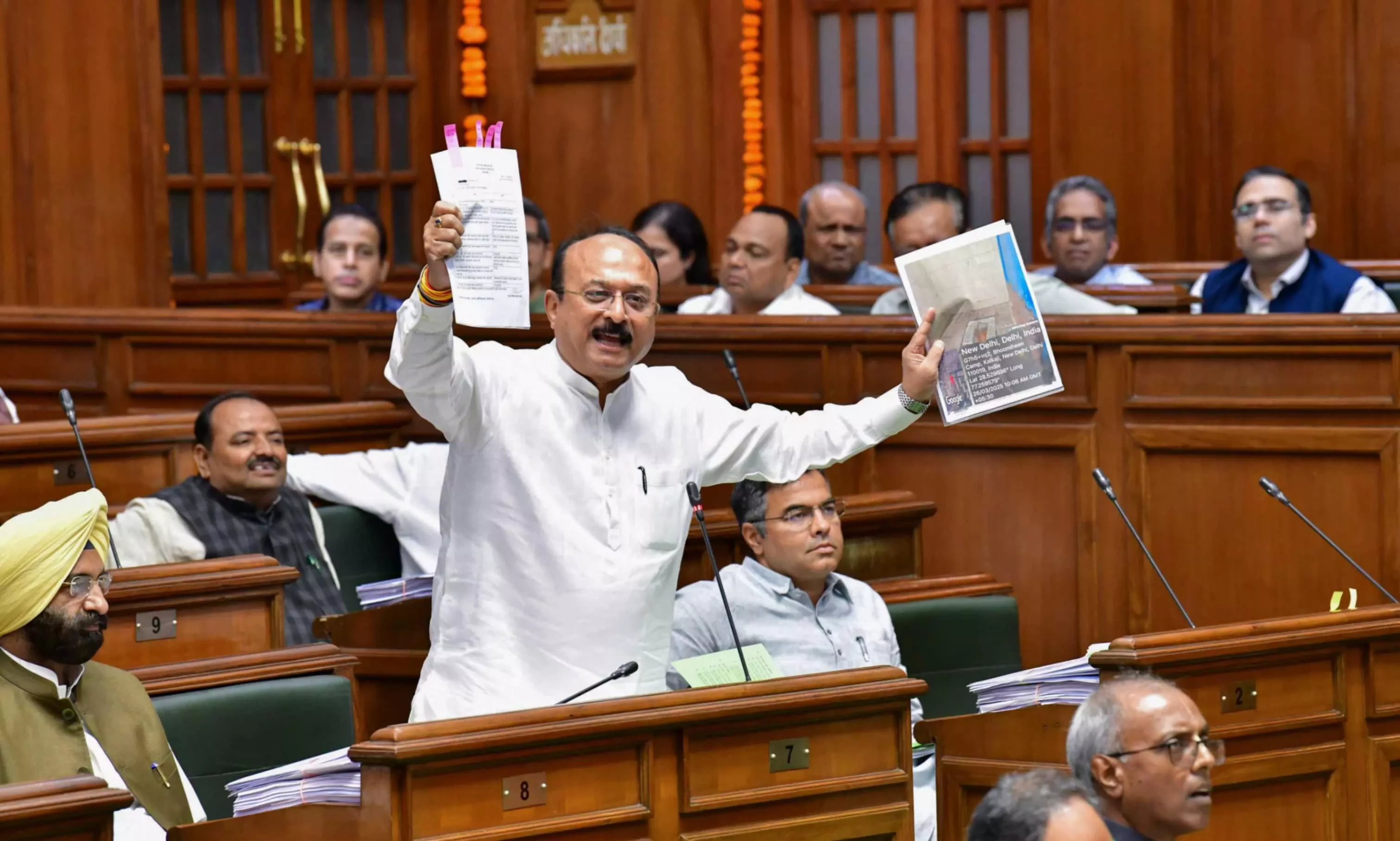The Delhi Education Bill, 2025 has officially commenced its implementation, regulating all private schools in the national capital (approximately 1,700 schools) under a new fee regulation mechanism. The new law replaces the 1973 Act which had only applied to around 300 institutions up until now.
While announcing the new legislation, Education Minister Ashish Sood mentioned that the bill places parents at the center of any decisions regarding increases in school fees. "Arbitrary increases will not be possible. Parents will have the final say, with full transparency and accountability," he said.
Under the new mechanism, any request to increase fees must be approved by a School-Level Committee that will include parents, teachers, and school administration representatives, as well as a government observer. If that does not resolve the delegation of powers, the appeal can be directed at the District Appellate Committee and finally to a State-Level Revision committee, placing limits on the amount of discretion allowed for managing disputes.
The law has set forth strict penalties for violations. If school were to increase their fees, without authorization, they could be fined between ₹1 lakh to ₹10 lakh. Also, if the school does not refund the excess collection, the penalty will double the penalty. In extreme cases, the Director of Education, now having the powers of a Sub-Divisional Magistrate, can freeze bank accounts or withdraw the recognition of a school that is not compliant.
CM Rekha Gupta called the reform a "revolution in the education system in Delhi." Gupta said it is a fair balance between safeguarding parents, empowering schools, and helping to make quality education affordable.
The bill became urgent after the Supreme Court, a few weeks earlier, reprimanded private schools because they were raising fees, without sanction, while receiving a land concession from the government, which coincided with parental protests erupting across the city.
At a Parents’ Town Hall at Janakpuri, government officials met with more than 200 parents, explaining how the law will work. While most parents were in favour, some voiced concerns about how long it would take for committees to resolve disputes and wondered if schools would try to circumvent the system.

